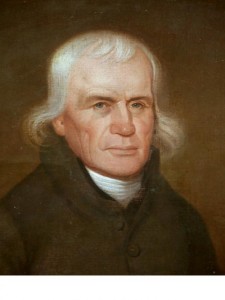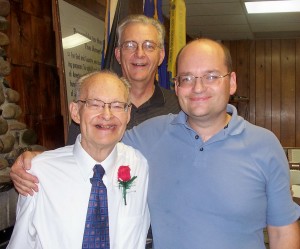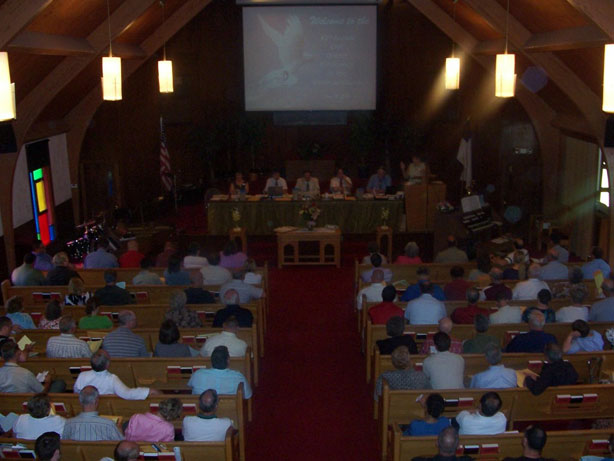I have been participating in the national Pray & Act emphasis led by Jim Garlow and Chuck Colson. October 30 marked the formal end of this forty-day fasting and prayer effort on behalf of sanctity of life, sanctity of marriage and religious liberty. While some key leaders such as Jim Garlow were on a liquids-only fast for the entire 40 days, everyone was asked to fast in some way as health requirements and God’s leading dictated. Daily emails and attached video clips have edified and inspired participation.
Prayer & Action
My fasting commitment was one 32-36 hr fast (water/apple juice/tea only) per week. I have completed that and have decided to continue it until the week before Thanksgiving. I have not talked about my fasting, but have decided I needed to write about it for an example. Other actions included signing the Manhattan Declaration, praying much in public and private about marriages and our country, becoming more knowledgeable on political candidates, blogging about issues such as sanctity of life and sanctity of marriage, standing up in the annual Life Chain demonstration, speaking for the causes in public messages and prayers, and voting with them in mind tomorrow, God willing.
Deeper Renewal
I have found some things happening that I did not expect from my prayer and fasting commitment. First, I have felt a greater closeness to God in prayer and a stronger identity with his cause in the world. At the same time, I am hungry for more of Him. Second, I have found myself praying more at times that were not particularly scheduled times of prayer – just talking to God about the issues on my heart – crying out to him for needs that came to my attention or that were impressed upon me to pray for. Third, I noticed as I and we as a congregation and people across the nation prayed for God to uphold the sanctity of marriage in our nation, God moved mightily during these forty days to expose deep needs in marriages in our own church. We felt the fruit of this overall effort. I have had multiple opportunities for counsel and correction. These are opportunities for me but especially for the couples involved. That is one reason I am continuing the fast. I see the need for much more healing of relationships by God’s power. I believe this period of prayer and fasting was a big part of why these breakthroughs are happening. God is answering prayer for the sanctity of marriage.




